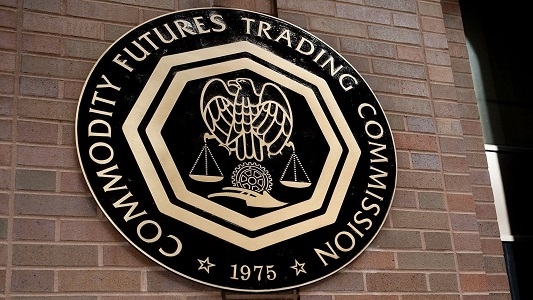SFTR inaction will prove costly, ISLA warns

Securities lending participants have so far failed to grasp the seriousness of the EU’s upcoming Securities Financing Transactions Regulation (SFTR), a trade body has warned.
According to the International Securities Lending Association (ISLA), a large number of firms have tended to view the requirements as “just another set of reporting rules”.
However, the sheer scope of reporting and level of detail and data involved is onerous and ISLA says market participants cannot afford to bury their heads in the sand.
“SFTR represents a fundamental shift in the business models of securities finance market participants,” Andy Dyson, ISLA’s chief operating officer told Global Investor/ISF.
“If market participants fail to implement the changes on time and in an efficient manner, the penalties could be severe and the costs of doing business will rise.”
The knock-on effect, Dyson suggests, would be that certain trades become uneconomic and client relationships are reassessed.
SFTR is part of the EU’s implementation of the global effort made to regulate the so-called ‘shadow banking sector’.
Once in force, it requires all securities loans, repos, reverse stock loans, buy and sell back and similar operations to be declared to an EU trade repository.
Fund managers must also inform investors of their use of these types of deals.
In addition, SFTR also imposes conditions on the 'reuse' of financial instruments which have been provided as 'collateral'.
The aim here is to ensure clients and counterparties understand the risks involved and give their consent to the reuse.
Essentially, the rules form just one step in a wider series of regulatory initiatives affecting securities financing markets and collateral both in the EU and elsewhere.
But a 187 page consultation document issued last week by European watchdog ESMA highlights the level of detail involved.
The regulator is now seeking feedback on multiple questions from all stakeholders. An ISLA webinar focusing on SFTR last week attracted no less than 150 market players.
According to Dyson, there needs to be a common approach from entities active in the repo and securities lending/borrowing markets.
“The industry needs to put aside its natural competitiveness when it comes to SFTR, particularly around reporting.”
Late last year BNP Paribas Securities Services said it welcomed the initiative due to its ability to bring more transparency as well as a much needed traceability of securities.
However, the firm added that the requirement to report transactions to a trade repository could lead to double and even triple reporting for certain transactions that also need to be reported under MiFID and EMIR.
“The SFTR reporting regime generally follows the model for derivatives reporting under EMIR,” adds Christopher Bates, partner at Clifford Chance.
“But having two-sided reporting and multiple trade repositories in Europe has complicated matters, meaning the same difficulties could arise under SFTR.”
Live reporting is due to commence in early 2018.
Found this useful?
Take a complimentary trial of the FOW Marketing Intelligence Platform – the comprehensive source of news and analysis across the buy- and sell- side.
Gain access to:
- A single source of in-depth news, insight and analysis across Asset Management, Securities Finance, Custody, Fund Services and Derivatives
- Our interactive database, optimized to enable you to summarise data and build graphs outlining market activity
- Exclusive whitepapers, supplements and industry analysis curated and published by Futures & Options World
- Breaking news, daily and weekly alerts on the markets most relevant to you




